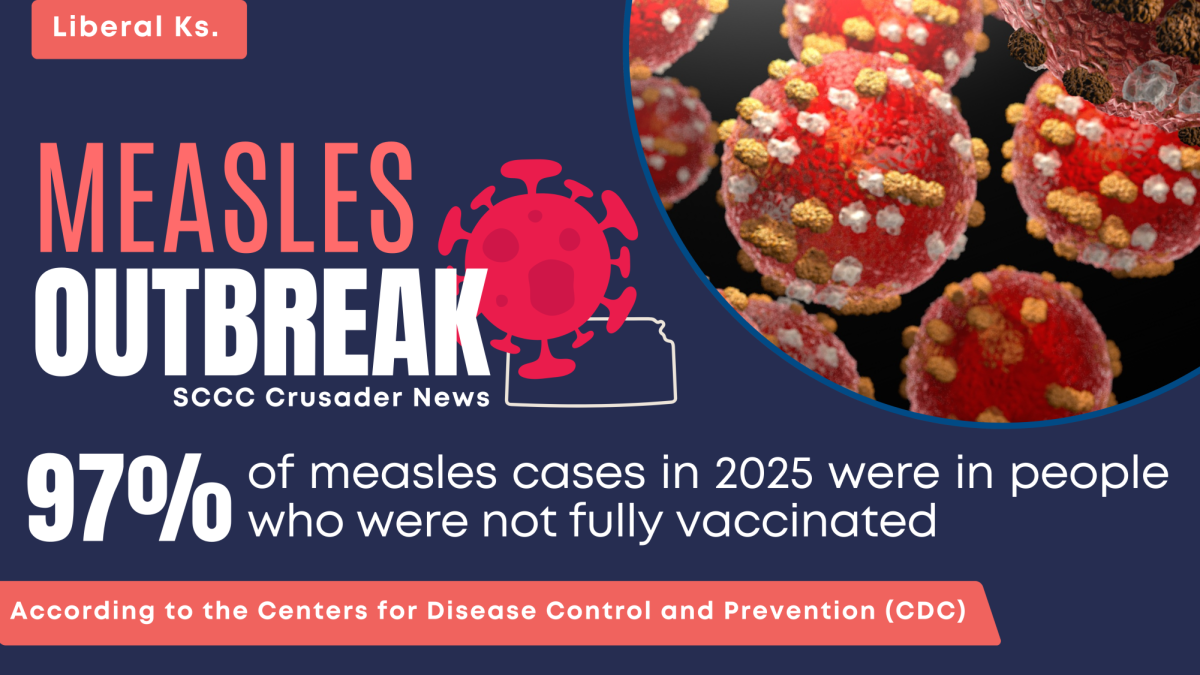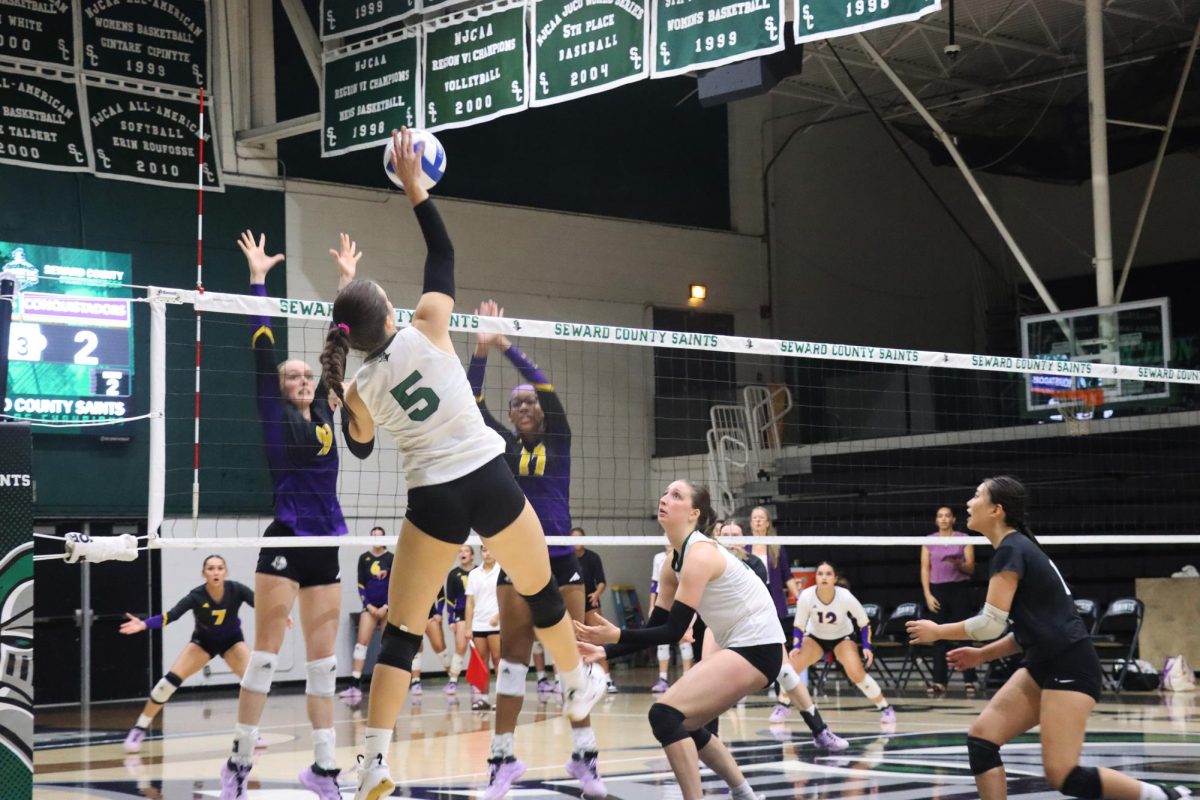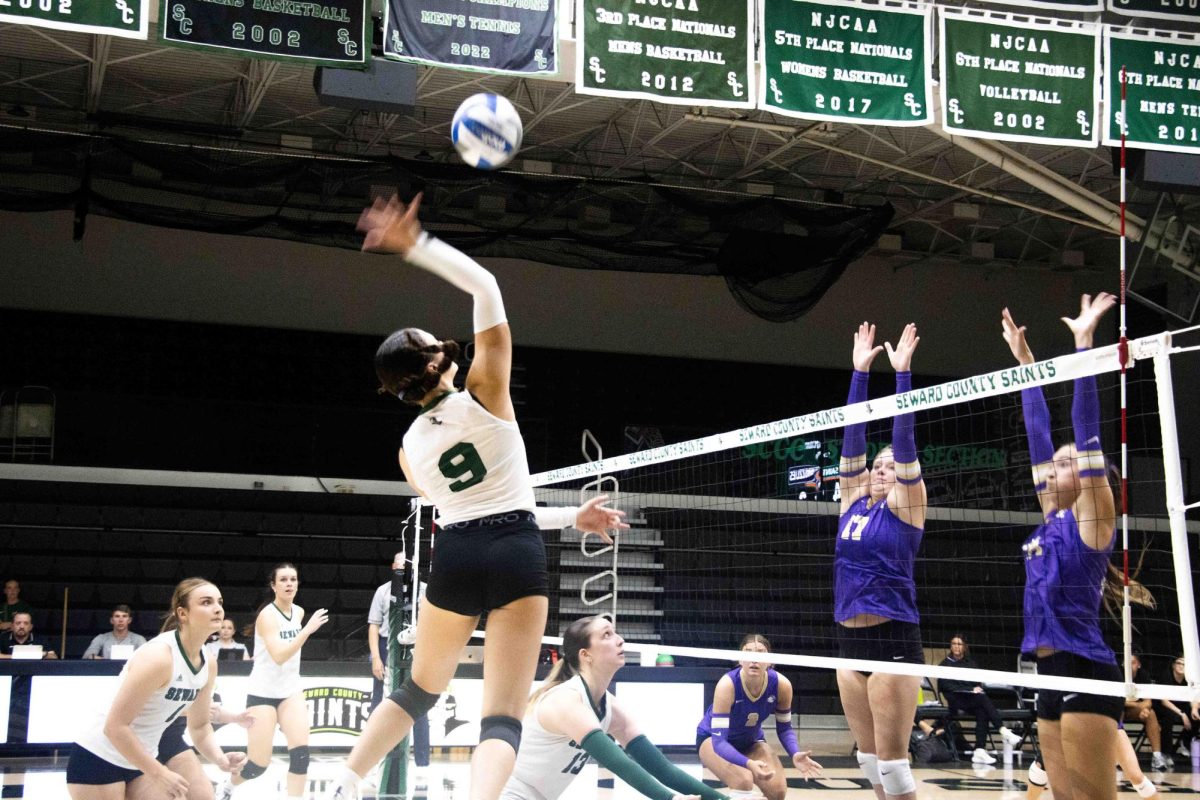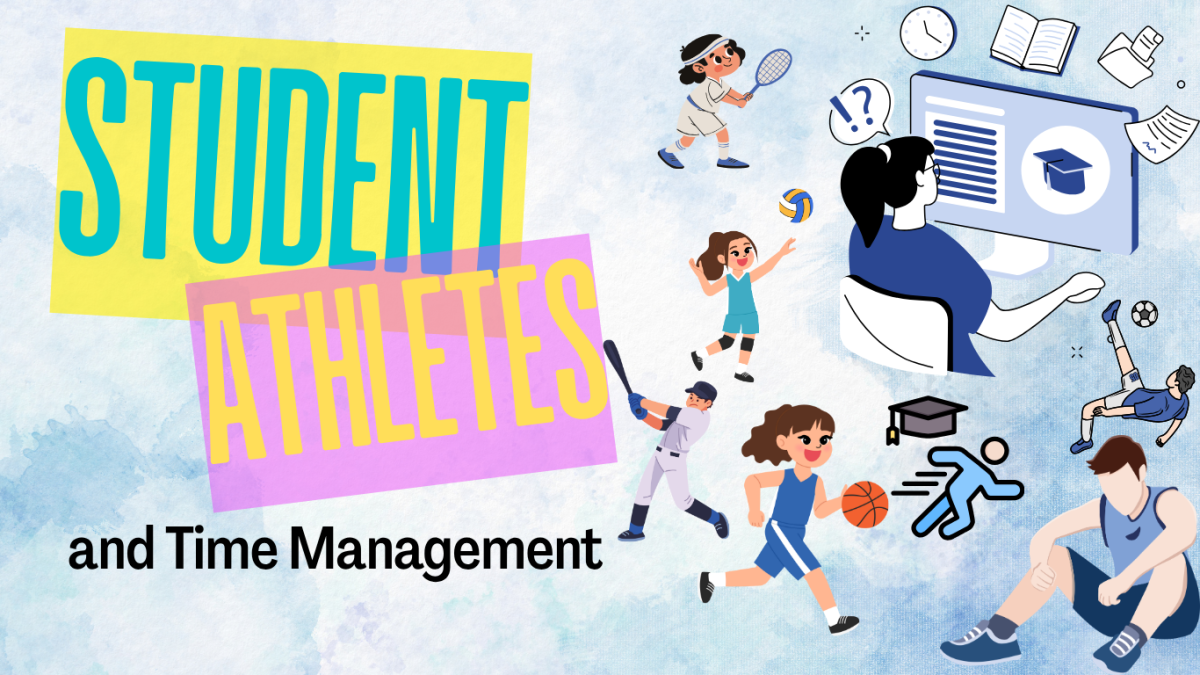If you were like many children, naps were the worst part of the day. Naptime in preschool or kindergarten made you feel like a baby and you couldn’t wait to be a grown up kid in elementary school. If you are the average college student, naps are the best part of the day. A short break between classes and work means you can relax and get the much needed sleep from last night’s late study session or party, but are naps really that beneficial? According to SiestaAwareness.com, naps by far bring more benefits than drawbacks. The ideal nap length is from 10 to 20 minutes. These naps can increase alertness, stamina, motor learning, motor performance and can clear the brain of useless information, which helps long-term memory. Naps can also improve productivity by more than 30 percent, reduce stress and elevate mood by 11 percent. Many people think that taking a nap will make it harder to sleep at night, due to falling asleep during the day. In fact, the truth is quite opposite of this myth. Our bodies are actually programmed for at least two intense sleep periods, which are in the early morning, from 2 a.m. to 4 a.m., and in the mid-afternoon, from 1 p.m. to 3 p.m. Not only are our bodies made to have naps, but taking naps actually help us sleep at night. By having a nap during the day, time to fall asleep at night decreases by around 14 percent and ability to sleep through the night is increased by 12 percent. Naps also can increase nighttime sleep by around 20 minutes. Despite all of these benefits to napping, American culture generally doesn’t promote naps, although some companies have rebelled. Companies such as Nike and Google actually have “nap rooms” and encourage workers to take breaks during the day to increase productivity. While taking a nap is great, there are factors to consider before sleeping. Taking naps regularly has shown to possibly increase ability to developing Type 2 Diabetes. People with busy schedules may not have time to take a short nap, and sleeping at your job is not recommended. Naps are also not meant to take place of your regular nighttime sleep, just enhance it. Taking a nap helps your body in many different ways and can actually make you a better student; you won’t be seen as lazy unless you take more naps than you do schoolwork. While I’m not an expert, I agree with many experts who believe everyone should nap more. One way for college students to do this would be if colleges and universities would understand the benefits and make time for students to nap. In order for students to be the best they can be, naps may be the missing key.
Afternoon napping ideal for college life
October 9, 2012
Tags:














![The sophomores were recognized on the field instead of walking across the stage during their doubleheader. They received their diplomas and a picture of themselves playing during their career at Seward. [Pictured left to right are Dylan Day, Reed Thomas, Jase Schneider, Mason Martinez, Gannon Hardin, Brody Boisvert, and Zach Walker]](https://crusadernews.com/wp-content/uploads/2022/05/WEBDSC_0275-900x454.jpg)



























































